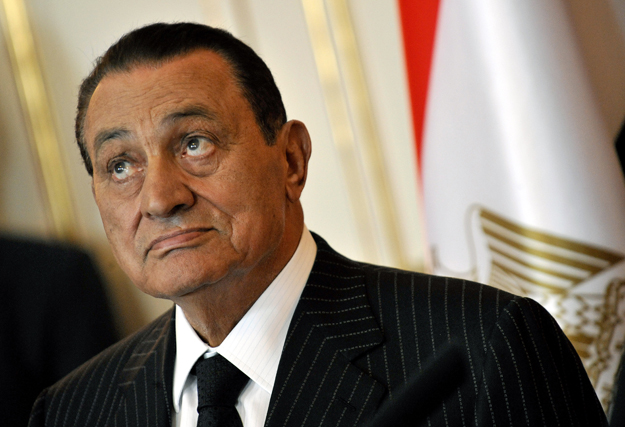Following the bread crumb trail that Bostom lays out for us, his analysis is impeccable, as it usually is.
Egypt’s Legacy of Military Coups Confers “Freedom and Hope”?
July 24th, 2013 (2 hours ago) by Andrew Bostom
Pundits have lauded Egypt’s “Second Revolution,” in reality a military coup which ousted the economically and socially failing regime of the country’s first freely elected President, Muslim Brotherhood ideologue, Muhammad Morsi. One “expert” has even declared that Morsi’s removal reflects a larger contemporaneous series of “internecine” events which indicate that his chimerical construct of “Islamism” (which is simply traditionalist, normative Islam, as this same learned analyst’s writing used to acknowledge) is somehow “doomed.”
Monday, July 22, 2013, Egypt’s “interim President,” Adly Mansour—installed by a military putsch—gave a speech of great significance, although little noticed by Western commentators. Mansour’s words put the lie to glib formulations that willfully ignore how traditional Islamic authoritarianism, regardless of pseudo-secular veneers, remains, as it has for 13 centuries, the most potent force shaping authoritarian governance in Muslim Egypt, and the greater Muslim Middle East. Mansour, in a televised speech commemorating the 61stanniversary of the 1952 revolution—also a military coup—praised the leaders of that putsch, Mohamed Naguib, Anwar El-Sadat and Gamal Abdel-Nasser, thusly:
I salute the great men who opened the door of freedom and hope to Egypt and all people in the region
The anti-freedom, despotic military rule of Egypt that followed this coup was characterized by alliances with non-Muslim totalitarianisms—from post World War II era residual Nazism, to regnant, Cold War era Soviet Communism—which complemented Egypt’s indigenous Islamic jihadism, and Jew/other infidel-hatred, notwithstanding periodic crack-downs on the Muslim Brotherhood.
Sylvia Haim, one of the most esteemed 20th century scholars of so-called “secular” Arab nationalism—which prevailed in Egypt certainly through the Nasser era—demonstrated that this ideology was in fact another expression of Islam’s sine qua non institution, the jihad:
Another feature of the modern doctrine which fits in with the Muslim past is the emphasis which both of them lay on communal solidarity, discipline and cooperation. The umma in Islam is a solidary entity, and its foremost duty is to answer the call of the jihad [emphasis added]. This brings us to the third feature which both modern and ancient systems have in common, to wit the glorification of one’s own group. The traditional attitude of the Muslims to the outside world is one of superiority, and the distinction between the Dar al-harb, Dar al-Islam, and Dar as-sulh, is an ever present one in the mind of the Muslim jurist. It may therefore be said in conclusion of this modern doctrine of nationalism, that although it introduces into Islam features which may not accord with strict orthodoxy, it is the least incompatible perhaps of modern European doctrines with the political thought and political experience of Sunni Islam [emphasis added].

